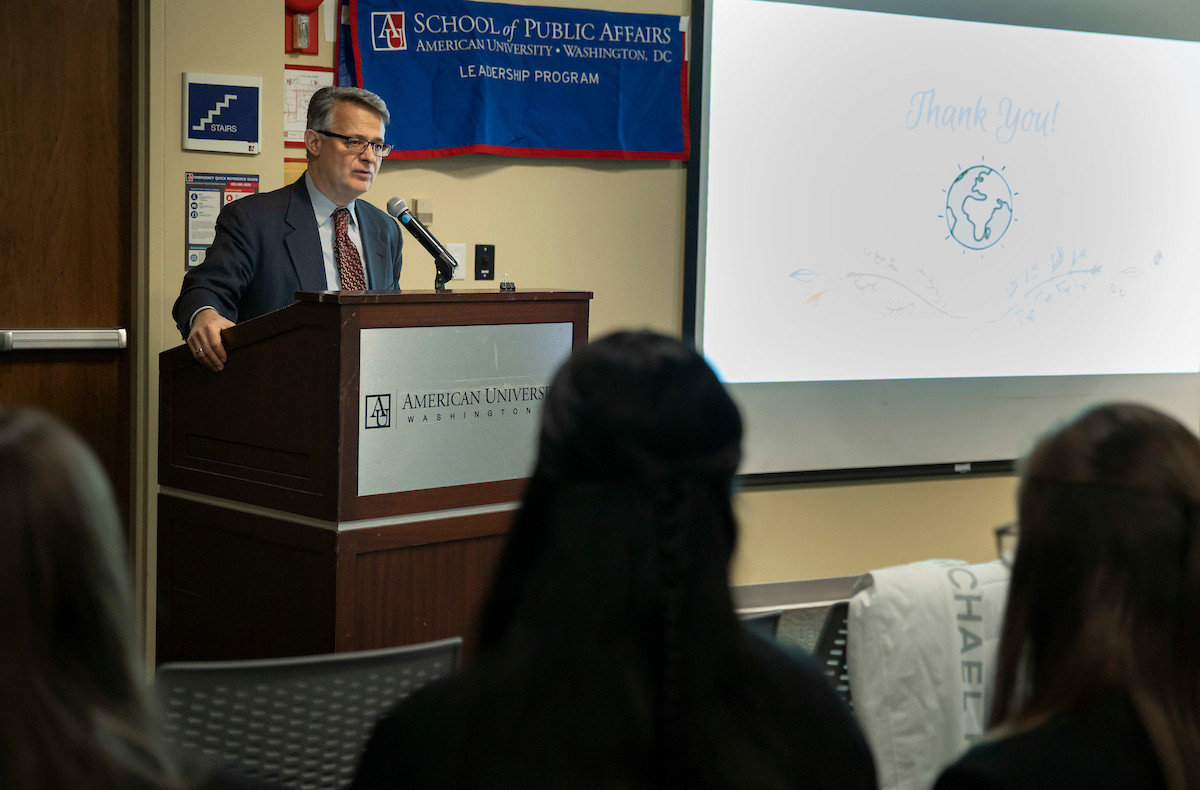The hard and soft skills of leadership will be taught in SPA 361. Students will learn leadership skill sets that can be quantified, including resume preparation, preparing a letter of introduction, research skills, public speaking, planning, and time-management. Students will also be invited to design and build their SPA Leadership Portfolio, and upload their completed resume and cover letter to it. Students will also be asked to go to the library for a tour of the available resources. Students will be encouraged to visit the Career Center, Office of Community Engagement, Student Life Leadership Development Office, and the Office of National Merit Awards. The soft skills of leadership (sometimes referred to as “people skills” or “interpersonal skills”) will also be taught, including problem-solving, teamwork, communication, flexibility, patience, persuasion, motivation, and followership. Throughout the yearlong sequence of SPA 361, students will design their social action, public affairs leadership project.
Upon completion of the SPA‐361 Leadership ePortfolio, students will develop both hard and soft leadership skills, and be able to:
- Explain the history of leadership studies and current leadership theories , as well as develop tools for social research, using qualitative and quantitative techniques;
- Articulate an understanding of how ethics, morals and values relate to leadership in the public affairs social research project
- Demonstrate effective leadership skills including time management, agenda setting, working in groups and building teams
- Set academic and professional goals, and leadership studies, in relation to public affairs to help them shape their communities as leaders
- Articulate their developing leadership skills on a resume and on a personal website, in order to apply this knowledge in future vocations and everyday life.
The SPA Leadership Portfolio will equip each student with the following:
- Objectives: An understanding of the history of leadership studies and current leadership
- Theories: A comprehensive set of practical skills and tools about leadership practice, including time management, agenda setting, group dynamics and team building.
- Self-Awareness: A greater self understanding about how they can help shape their communities as a leader.
- Ethics: An understanding about how ethics, morals, and values relate to leadership.
- Practical Skills: The ability to articulate their set of practical skills and tools on a resume and in job interviews.
